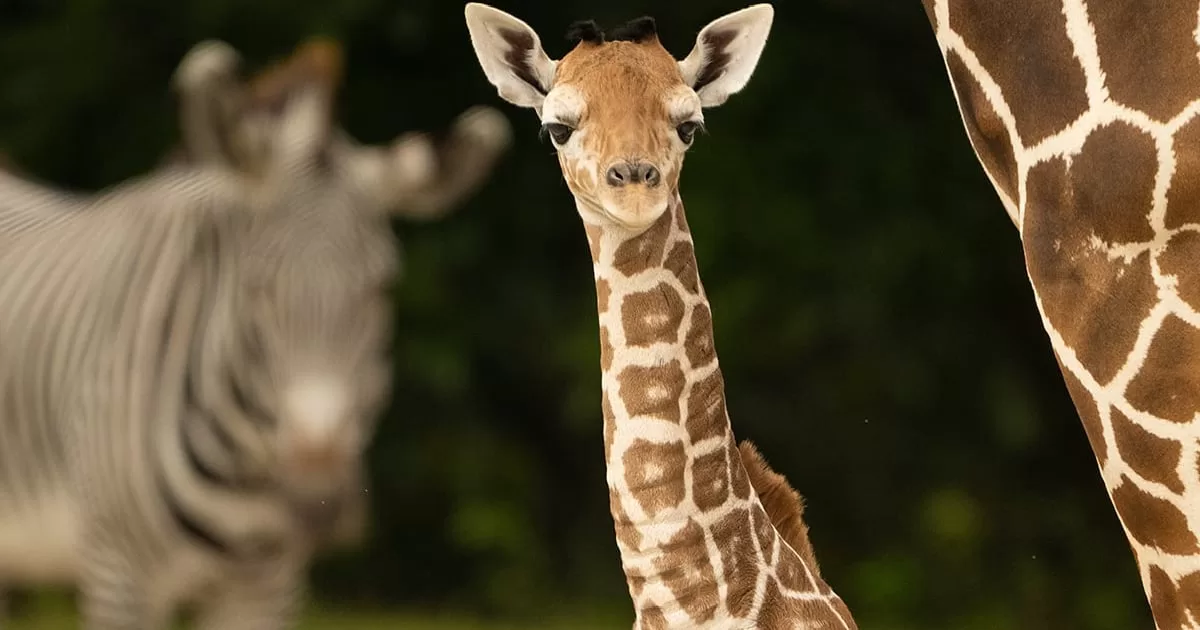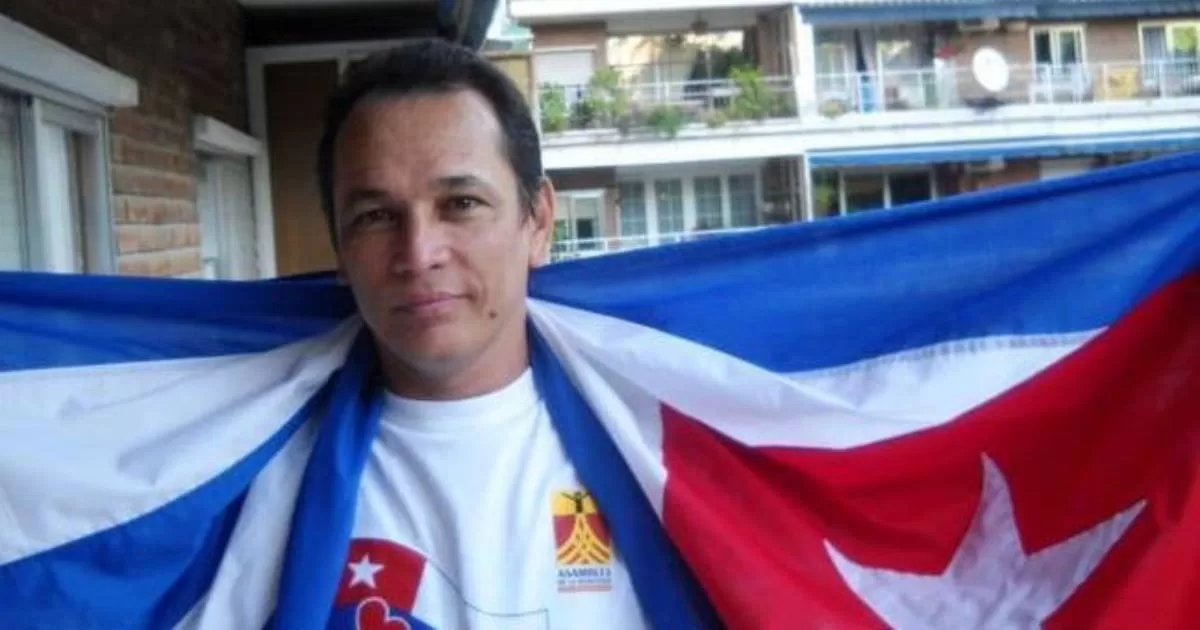Fall from window. Fall from yacht. Cardiac arrest.
These are some of the explanations for the deaths of high-ranking Russian figures in the past year.
What several of them have in common is that they have spoken critically of the war in Ukraine.
– It is striking, and it can create fear, says OsloMet researcher and Russia expert Jørn Holm-Hansen to TV 2.
He nevertheless emphasizes that it is extremely difficult to link the deaths to the Russian authorities in any way.
– The fact that people are dying is not big news, but the situations we are now seeing attract attention, says NUPI researcher and Russia expert Jakub Godzimirksi.
Defense chief Marina Jankina is the latest in a line of high-ranking Russians to die.
Defense top Marina Jankina
Marina Jankina (58) was finance manager in Russia’s Western Military District. On Wednesday, she was found dead outside a tall building in St. Petersburg.
The Investigative Committee in Russia is investigating the death, which occurred under unclear circumstances. The building must have been Jankina’s residence.
The local newspaper Fontanka writes that the investigators do not rule out suicide.

The sausage baron Pavel Antov
The founder of one of Russia’s largest sausage-making companies, Pavel Antov, was found dead in a luxury hotel in India at the end of December.
Antov was also a politician, and a member of President Putin’s party. In July, he criticized Russia’s missile attack on Kyiv, calling it “terrorism”.
He later apologized for the message, claiming it was written by someone else.
Antov was at the luxury hotel to celebrate his upcoming 66th birthday when he was found dead on the ground. He is said to have fallen from a window on the third floor.
Indian police have told television channel NDTV that they suspect he took his own life after a friend of his was found dead in the same hotel.

Ravil Maganov (67) was chairman of Russia’s second largest oil company, Lukoil. He died in late August 2022, after what sources claim was a fall from a hospital window in Moscow.
In March, the board of Lukoil came out against the attack on Ukraine in a press release.
“We ask that the armed conflict cease as soon as possible and would like to express our sincere sympathy for all victims”, the statement from the oil company’s board read at the time.
Maganov’s death has been discussed as a possible suicide.

Oil peak Aleksandr Subbotin
At the beginning of May 2022, Aleksandr Subbotin, former CEO of Lukoil, was found dead.
He was 43 years old and, according to the state-run Russian news agency Tass, was found dead in the house of a shaman in the town of Mytishchi.
He is said to have been there with the desire to be “cured for drunkenness”, writes The Brussels Times. He reportedly received an injection, and the cause of death was presumed to be cardiac arrest.
Fell from yacht
Among other high-ranking Russians who have died under unclear circumstances is Putin-allied energy tycoon Ivan Pechorin (39), who reportedly fell overboard from his yacht and drowned.
The oligarchs Sergej Protosenja and Vladislav Avajev were both found dead one day apart, in Spain and Moscow respectively.
Their wives and daughters were also found dead, and the police have assumed that it is a case of murder and suicide.
These are some of dozens of “unusual” deaths in the Russian elite.
– A lot of behind-the-scenes play
The deaths have received a lot of attention, and there is speculation as to whether the Russian authorities are behind it, in an attempt to get rid of critics or others who might harm them.
– We have seen that the Russian regime has used harsh measures to get rid of people. That they try to take the lives of people is part of their repertoire. You shouldn’t underestimate that, says Godzimirski.
Nevertheless, he strongly doubts that any direct killing orders have been issued by President Putin or others in the regime against these people.
Several of the deaths are explained as possible suicides.
– Russia is a large country with 140 million people, and which, according to international statistics, is at the top in terms of suicide, says Godzimirski to TV 2.
Norway must count on Russian cyberattacks against oil and gas facilities, says NUPI researcher Photo: Sveinung Kyte / TV 2
However, he believes that the authorities can have a more indirect hand in the game.
– There are some borderline cases. Some may have heard that they are to be removed from a position or put under investigation. There is a lot of behind-the-scenes play that can make people make these kinds of dramatic decisions, says Godzimirski.
– They (the authorities) can use psychological pressure without necessarily sending death squads.
High risk to criticize
Jørn Holm-Hansen calls the deaths striking, and believes they can create fear.
– If you are very conspiratorial, it is perhaps an attempt by the secret services to discipline the elite in Russia so that it does not crack, he says to TV 2.
HIGH RISK: OsloMet researcher Jørn Holm-Hansen says it is very risky to criticize Russia’s warfare in Ukraine. Photo: Sonja Balci / OsloMet
He emphasizes that he has no evidence to say that the authorities are behind it, but that the risk of speaking critically of Russian warfare is high.
– It is forbidden to disparage the Russian military apparatus and representatives of the Russian state. Then you risk fines or imprisonment, but some may argue that it is not enough, says Holm-Hansen.





